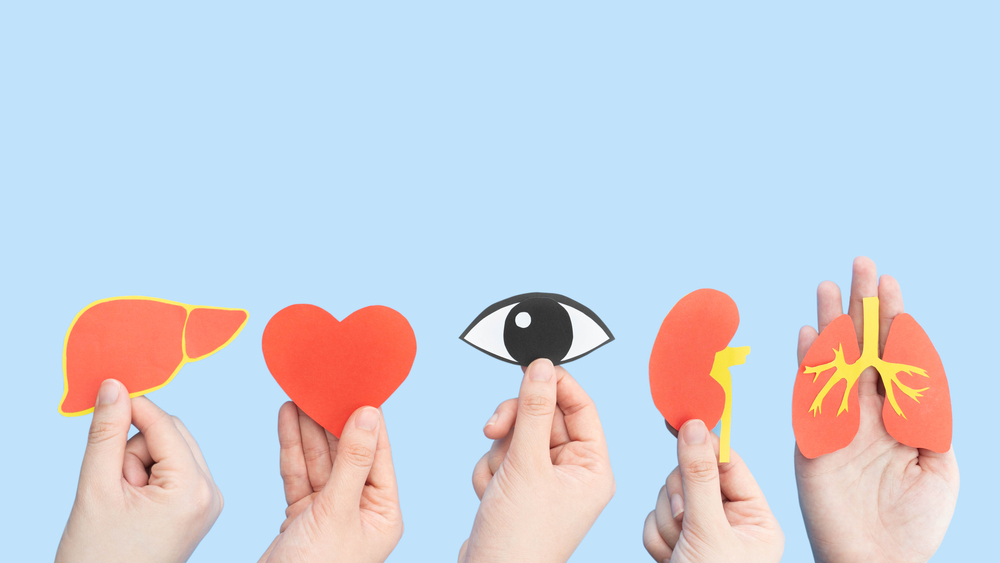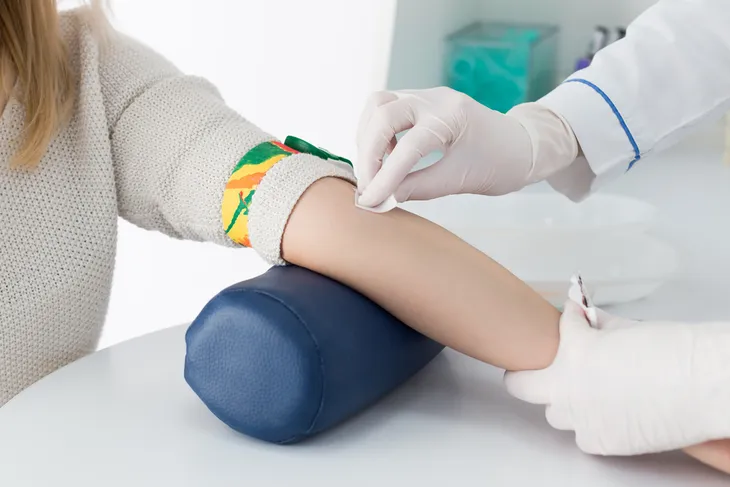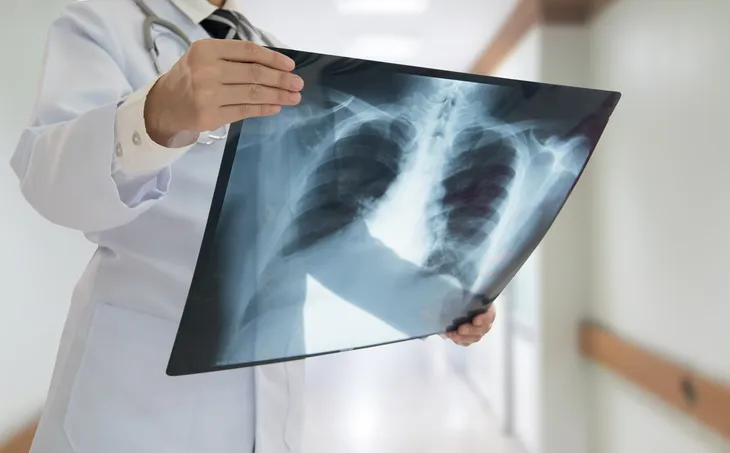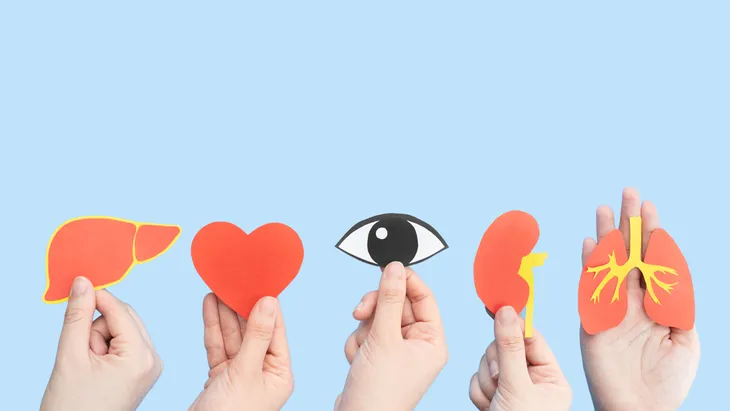April is national donate life month which is something I hold near and dear to my heart, or rather, my liver. The whole month is about educating people on the importance of registering to be an organ donor and create a platform for people like myself to share our story.
As of this year, I’ve now been on the transplant for 11 years. During the month of April, I usually take the time to share my story and experiences as a way to help others to learn and understand why it means so much to me. A few weeks ago someone asked me a question that not many have before. And that was, “What is the transplant evaluation like?”
Not surprisingly, it’s a lot. While everyone’s experience is different, here’s the story of my evaluation and what life is like living on the transplant list.
First Day of Evaluation
One the first day of evaluation I was a little taken back by the number of vials needed, but thankfully I never have to do this many again! The first round of work up is to check overall health, as well as a few specifics.
Because I suffer from Budd Chiari Syndrome and am waiting for a liver transplant, they had to check my liver enzymes to measure the severity of the disease. AST and ALTs are the most talked about enzymes that will help diagnose liver disease. GGT is another which is elevated when cirrhosis, alcoholism, liver cancer and viral hepatitis are present. ALP AND LDH are both found in the liver among other areas of the body but will help better diagnose liver disease.
- Bilirubin: formed during the breakdown of red blood cells and plays a part in the excretion of bile which is needed to digest food. When there is an issue with that process, it can get absorbed back into the bloodstream and cause jaundice.
- Albumin: a protein made by the liver to help maintain muscle mass. A liver that is not functioning normally will not make the right amount of albumin the body needs and will cause the body to take protein from the muscles leading to muscle wasting and weight loss.
- Ammonia: the product of the body breaking down protein. It usually converts to urea and is excreted by the kidneys. A buildup of ammonia in the bloodstream can lead to hepatic encephalopathy.
- Platelet Counts: are needed to help with clotting so without them, the risk of bleeding is increased.
- Prothrombin Time (PT): the factor that along with platelets helps form clots and stop bleeding.
- AFPs: a tumor marker test that checks for cancers.
They will also run tests to check for certain other diseases, such as hepatitis and HIV, as well as blood type.
Second Day of Evaluation
During orientation we were given a packet of information about the transplant surgery, as well as the doctors and nurses that would be taking care of us. We were given instructions on who to call and when, what was expected of us as patients, and details of the process, from diagnosis to recovery.
Third Day of Evaluation
The third day of testing included an echo, stress test, and an EKG. These tests all help determine whether there are any cardiac risks that could surface during a transplant.
For my particular case, diet plays a big role in life with liver disease so I got to talk with a dietitian who helped me understand how to adjust my lifestyle so that it was better suited for my dietary restrictions.
I was also required to have a yearly screening done which includes a mammogram and pap smear, as well as a doctor’s note that I passed all tests and was showing no signs of cervical or breast cancer.
Fourth Day of Evaluation
Now onto the MRI and X-rays which give doctors a better look at what’s going on inside my body. They’re looking for edema, bleeding, clots, and tumors. I also had to have an endoscopy which is an evaluation done throughout a person’s time on the transplant list. This is checking for esophageal varices.
Next up are PFT and ABG. Pulmonary function tests check how well the lungs are functioning. An arterial blood gas test is almost like a regular blood sample test except instead of going into a vein, they go into an artery. This checks things like oxygen and carbon dioxide in the blood.
Psychiatry Consult
I wasn’t really sure what to expect from this visit, but now that I have been through it I understand the reason behind requiring this consult prior to being listed. We explored so much more than what I was expecting.
We talked about who would be my support team (something very crucial in the journey to and through transplant). We also talked about financials and coverage for such a big surgery and treatments. The social worker helped me better understand what I was facing and what I was going to need physically, mentally and emotionally to get through it all.
My evaluation was done in April and the following month I opened a letter that stated: “Congratulations! You have been added to the UNOS liver waitlist. Your official list date is 5/25/2010.”
Over all the process was tiring but it truly does help provide a bigger picture of what is going on and what’s to come. Even though there were so many tests, they’re all done for a reason and that’s to better understand what needs to be done and what’s to come on the journey to a transplant.
Today, there are currently 118,271 people waiting for a life saving transplant. Are you a registered organ donor? Learn more and register by checking out donatelife.net.








